In the midst of a contentious bid by Japan’s Nippon Steel to acquire U.S. Steel, President Biden has voiced staunch opposition, vowing to safeguard American interests in the heartland of steel manufacturing.
Despite the administration’s strong stance, the fate of the $15 billion deal remains uncertain, with regulatory hurdles and political pressures coming to the fore.
As the proposed acquisition faces intensified scrutiny, all eyes are on the Committee on Foreign Investment in the United States (CFIUS), the secretive interagency panel tasked with evaluating mergers for potential national security implications.
With the backdrop of the upcoming presidential election, concerns over foreign control of a strategic American asset have brought CFIUS into the spotlight.
National Security and Political Pressure in the U.S. Steel Acquisition Saga
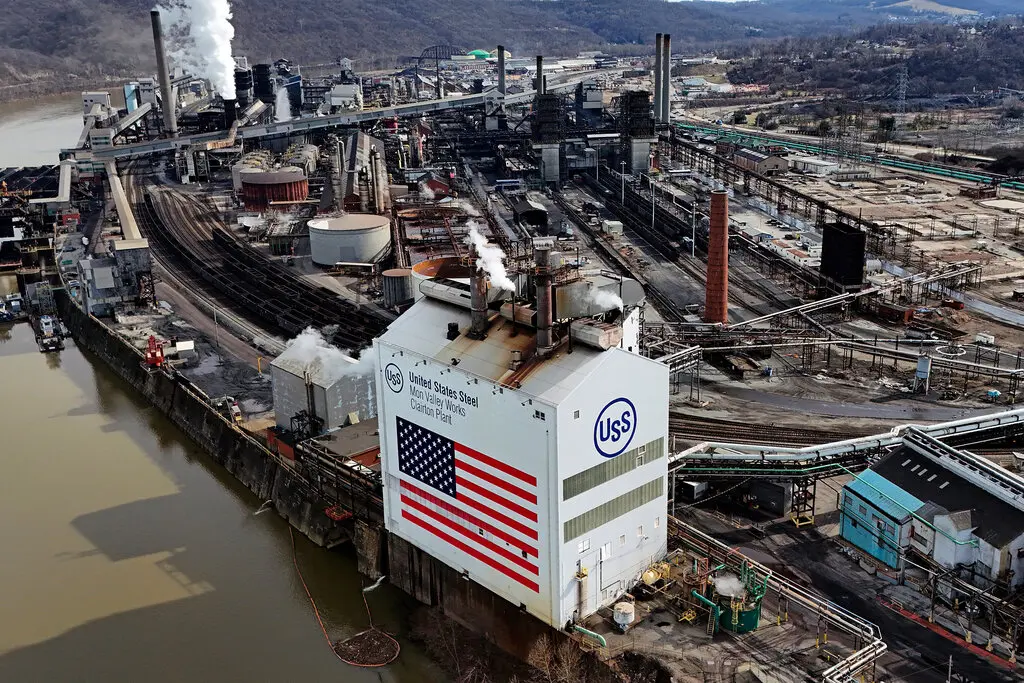
The parallels drawn to past transactions, particularly the echoes of the 1980s when a similar deal involving Nippon Steel unraveled, underscore the complex interplay between economic interests and national security considerations.
While CFIUS has historically focused on thwarting Chinese investments, the current case presents a unique challenge due to the involvement of a close American ally.
The evolving scope of CFIUS, expanded over the years to encompass a broader range of transactions and industries, reflects shifting geopolitical dynamics and technological advancements. From safeguarding critical technologies to ensuring supply chain resilience, the committee’s mandate has evolved in response to emerging threats and vulnerabilities.
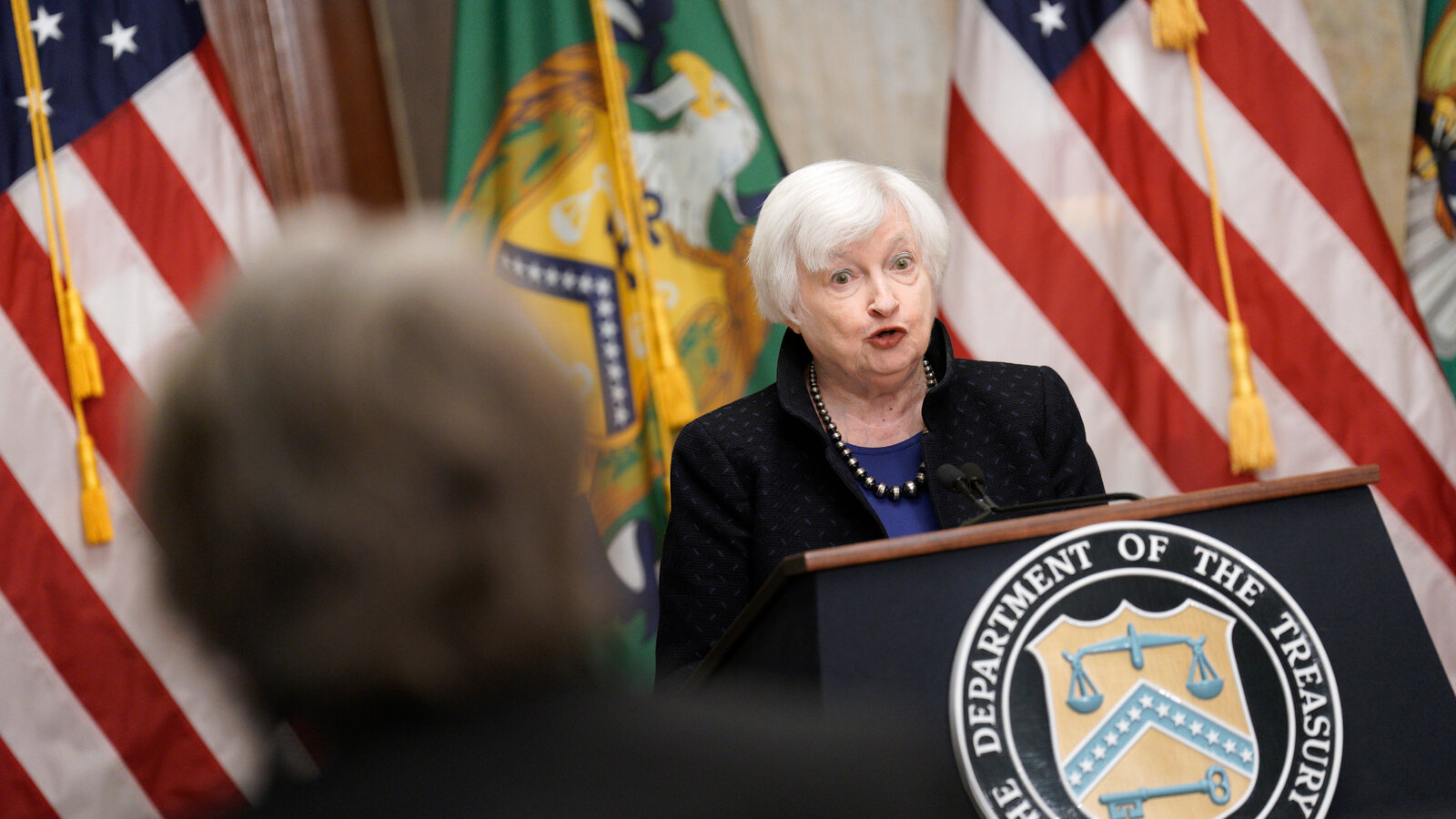
However, the potential unraveling of the U.S. Steel acquisition highlights the intersection of politics and policy, with election-year dynamics influencing the decision-making process.
Amidst assurances from Nippon Steel regarding job protection and investment commitments, the Biden administration faces the delicate task of balancing economic interests with national security imperatives.
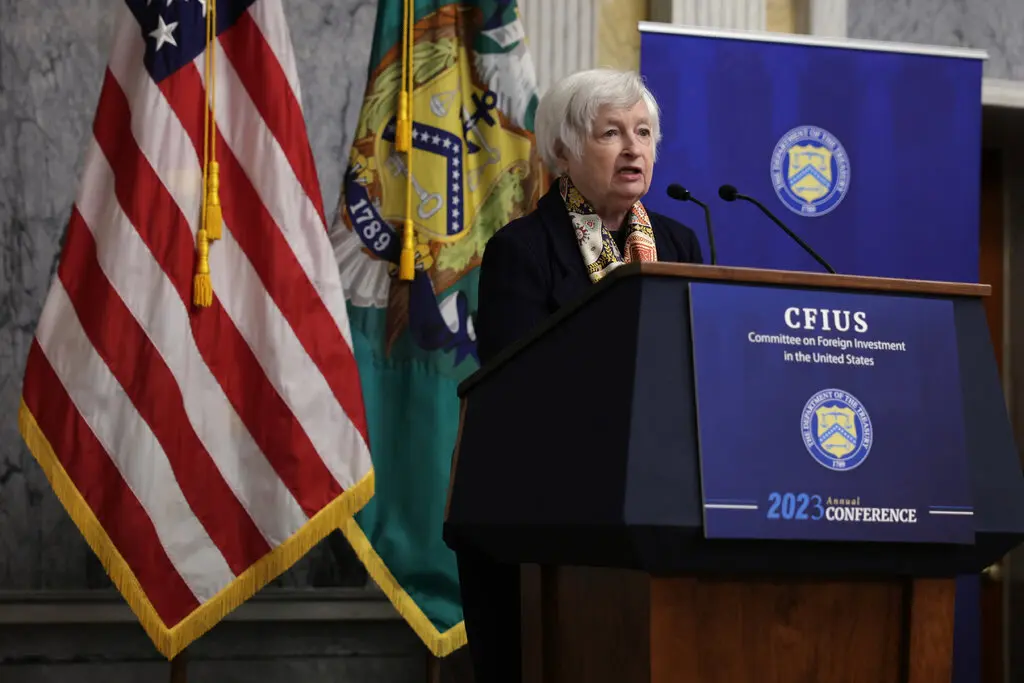
As the review process unfolds behind closed doors, the outcome of the deal remains uncertain, with implications reaching far beyond steel manufacturing.
In an era defined by heightened geopolitical tensions and economic competition, the Nippon Steel bid serves as a litmus test for undergoing the complexities of foreign investment in strategic American industries.

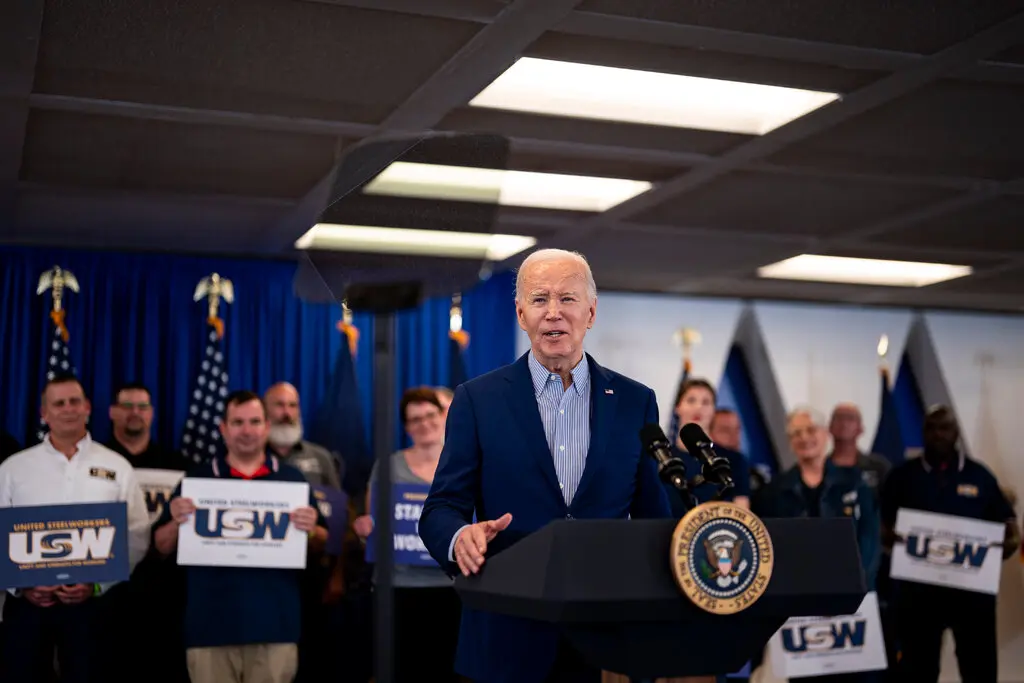
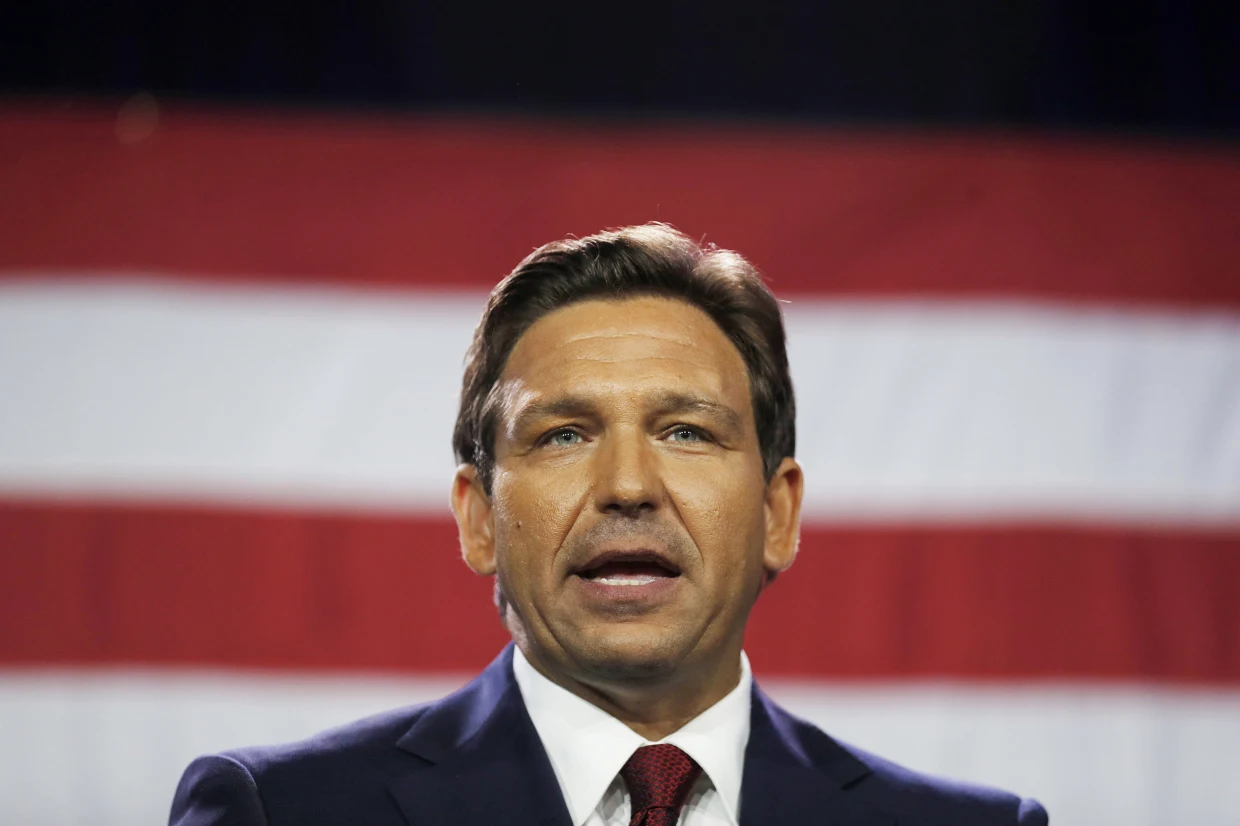




Leave a Reply